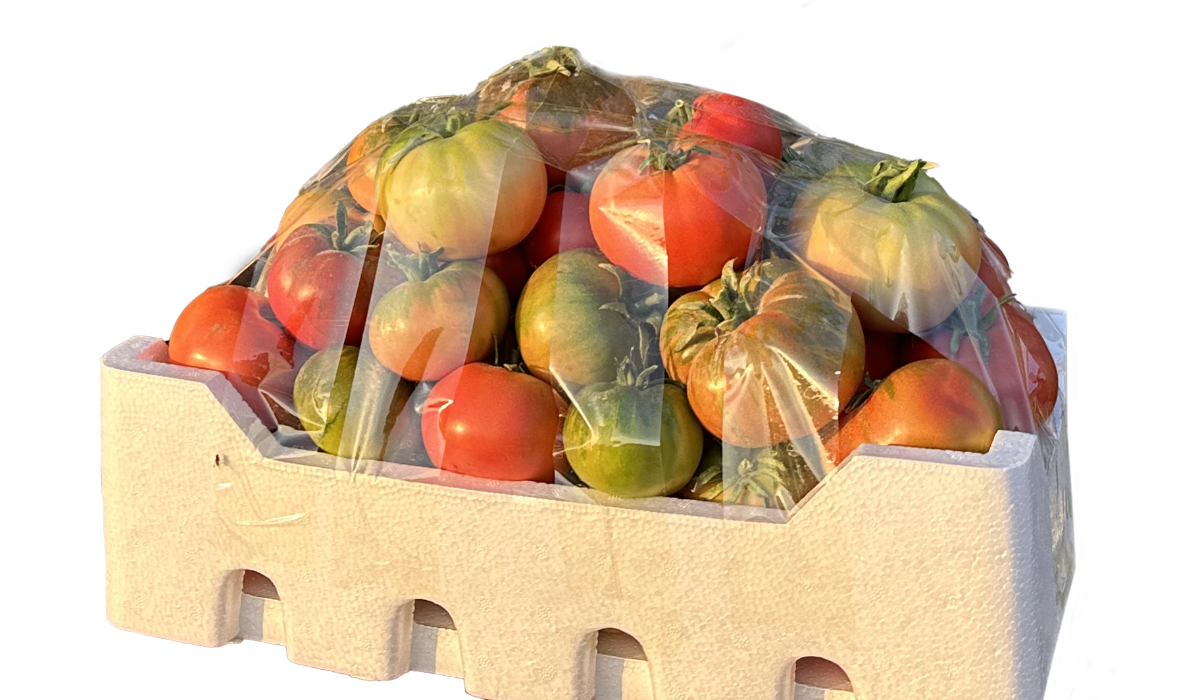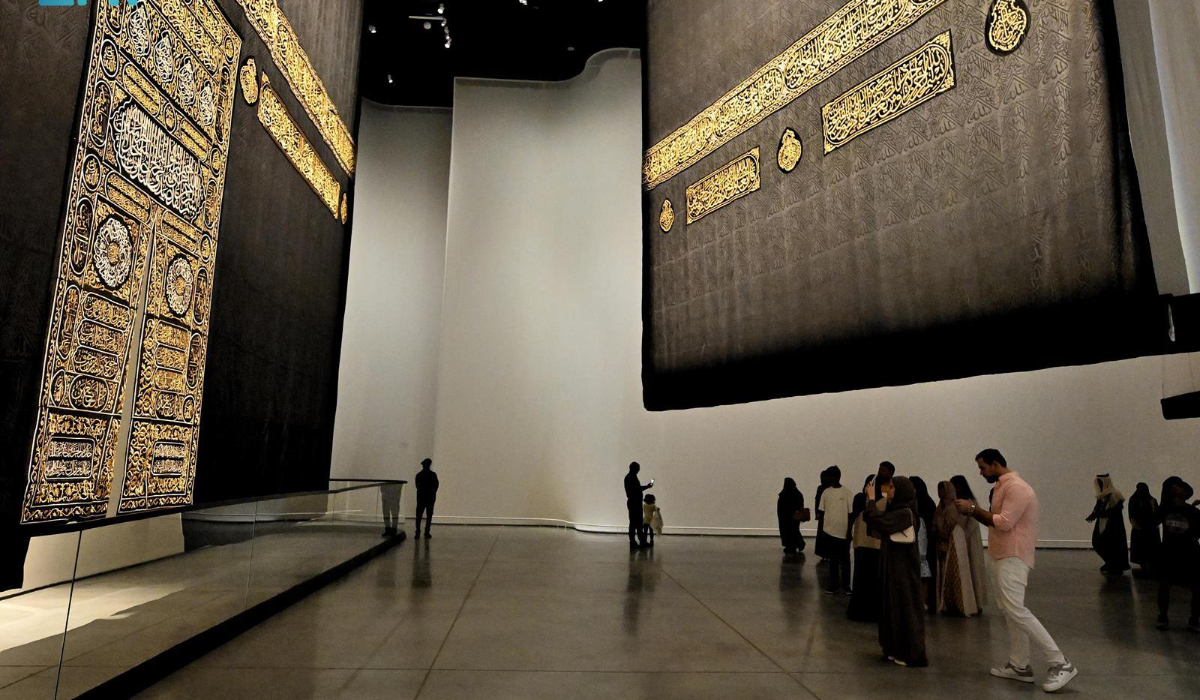KABUL: Afghanistan’s acting foreign minister has said ties with Saudi Arabia were “invaluable” to the country, following his first meeting with Riyadh’s new envoy in Kabul.
Amir Khan Muttaqi held talks with the Saudi Ambassador to Afghanistan Faisal Torki Al-Buqam on Sunday, less than a month since the Kingdom reopened its embassy in the Afghan capital.
“The meeting underlined matters related to expanding bilateral relations between Afghanistan and Saudi Arabia,” Foreign Affairs Ministry spokesperson Hafiz Zia Ahmad said in a statement.
“Welcoming the ambassador of the Kingdom of Saudi Arabia and calling Afghanistan-Saudi relations invaluable and historic, FM Muttaqi underscored the need to increase the exchange of delegations between the two countries.”
Saudi Arabia was among a host of nations that withdrew its diplomats from Kabul in August 2021, following the Taliban’s return to power and the withdrawal of US-led forces from Afghanistan.
Though the Taliban are not officially recognized by any country in the world, Saudi Arabia has joined a number of foreign governments in resuming the work of its diplomatic mission in Kabul.
The Kingdom has been providing consular services for Afghans since November 2021 and resumed sending aid through the King Salman Humanitarian Aid and Relief Center later that same year.
“Our goal is to take advantage of the opportunities available to us,” Zakir Jalaly, director of the second political division at the Ministry of Foreign Affairs, told Arab News on Monday.
“We also welcomed the (reopening) of the Saudi embassy and expressed our desire to see increased cooperation between the two countries. Saudi Arabia’s religious, political, and regional position make relations with the country vital for Afghanistan.”
During the first Taliban stint in power in 1996-2001, their administration was recognized by three countries: Pakistan, Saudi Arabia, and the UAE.
Since they retook control of Afghanistan, the Taliban administration has been working to gain international recognition and dealing on a bilateral level with regional countries, including India, China, Central Asian republics, as well as Gulf nations.
“Resuming diplomatic relations with another country like Saudi Arabia means further steps towards legitimacy and recognition of the Islamic Emirate,” Abdul Saboor Mubariz, board member of the Center for Strategic and Regional Studies in Kabul, told Arab News.
“Cooperation between Afghanistan and Saudi Arabia can also be enhanced in other areas. For instance, Saudi Arabia needs a human workforce, and Afghanistan can cooperate in this regard in case of an agreement and facilitation of work visas for Afghans … Afghanistan can also encourage Saudi Arabia to invest in the country.”
Azizullah Hafiz, a political science lecturer at the Ghalib University in the western city of Herat, said the Kingdom was a “very important country” at the global and regional level.
“Saudi Arabia and Afghanistan have had very long relations. Like other nations in the Muslim world, Afghans look at Saudi Arabia as a leader of the Islamic world and, therefore, expect an active role from the country in Afghanistan,” Hafiz told Arab News.
Afghans also stand to benefit from critical humanitarian aid and development assistance, particularly through investment in infrastructure projects, he added.
“(The) presence of the Saudi ambassador in Kabul will facilitate direct engagement with the Afghan government and overcome concerns as it will also pave the way for enhanced cooperation in areas such as diplomacy, trade and investment.”





























